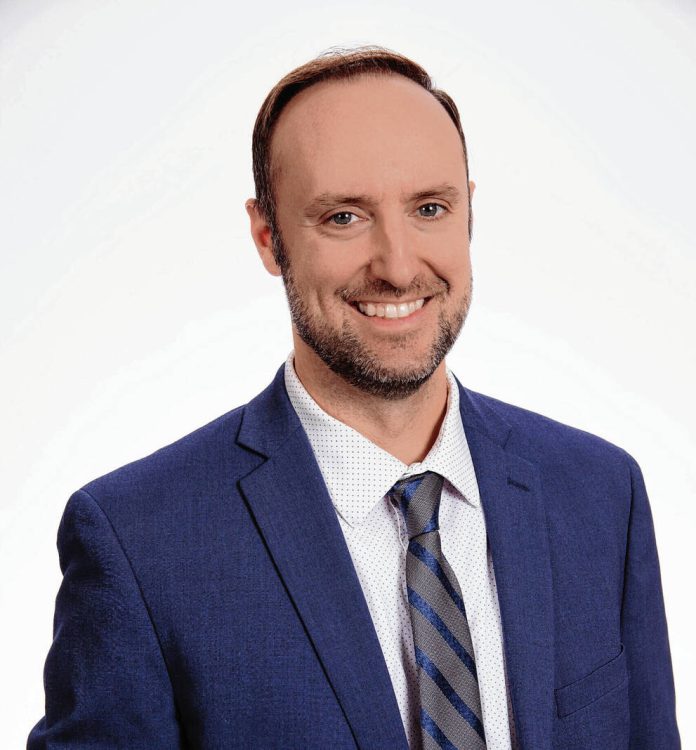
Jason Tomsi
While the physical health of older Hoosiers plays a central role, their mental and emotional health is just as important, but often overlooked. The Indiana Behavioral Health Commission is trying to change that.
The commission was established in 2020 to make recommendations to improve the behavioral and mental health of Indiana residents, including launching the state's 988 suicide and crisis hotlines and expanding mental health clinics. Contributed. This was amended in 2023 as part of Senate Enrollment Act No. 1, which included a historic investment of $100 million in funding for mental health services.
This time, the committee is focusing on three Hoosier groups: youth, individuals with intellectual and developmental disabilities, and adults 55 and older. AARP Indiana was selected to serve on the committee for its expertise and continued commitment to issues affecting the elderly population.
When you look at Indiana's aging population, the numbers don't lie. It is increasing rapidly. It is estimated that by 2030, nearly one in five Hoosiers will be over the age of 65. This demographic shift cannot be ignored, as the growing elderly population increases the demand for services. But where and how older Hoosiers can receive these services are just some of the questions the committee wants to answer. Effective mental health treatments are available but not always used.
There are a variety of reasons why they are underutilized, but may include mental health stigma and people's resistance to treatment. A very big reason is the lack of access to these important services in our communities.
Isolation, loss of loved ones, chronic health conditions – these are just some of the factors that contribute to anxiety, depression, and other behavioral health issues in the aging population. Untreated behavioral health problems can worsen physical illness, increase healthcare utilization, and reduce overall quality of life. This not only impacts older Hoosiers, but also puts additional strain on the health care system.
Access to behavioral health services remains uneven across the state. Rural areas often lack adequate resources, leaving Hoosiers underserved. The committee's final recommendations are expected to be finalized within the next year. Things to consider include:
- Expanding Mobile Integrated Health (MIH): MIH programs help older adults remain in their homes and communities for as long as they wish, and have been successful in large cities as well as small rural cities. The impact of these programs run by local emergency medical services (EMS) goes beyond positive physical health impacts. In the MIH program, paramedics visit the homes of individuals who are often socially isolated. They can identify the difficulties they are facing and provide mental health services.
- Eliminate mandatory contracts with physicians for advanced practice registered nurses (APRNs): This requirement for APRNs creates a financial and administrative burden that can impede nurses' ability to provide care to the fullest extent of their training. there is. APRNs know how to diagnose, treat, and prescribe medications for mental health and substance abuse disorders.
- Supporting family caregivers: Family caregivers have great responsibilities. More than 40% of family caregivers spend more than 20 hours a week providing care, and the majority say they are emotionally and financially stressed by their caregiving responsibilities. They juggle these caregiving duties with their own emotional well-being. Providing resources and financial relief to caregivers through tax credits and reimbursement programs is essential.
Over the coming months, the committee will continue its work at upcoming meetings, culminating in a report to the Indiana General Assembly in October. Regardless of the recommendations, older Hoosiers have the right to comprehensive mental health care that takes their unique needs into account. Stay up to date on AARP Indiana's behavioral health efforts by visiting our website aarp.org/IN.


